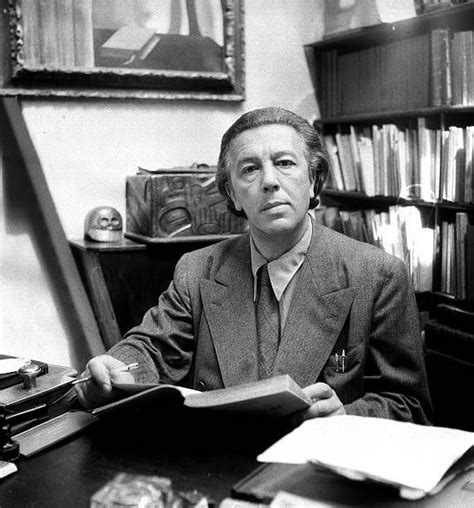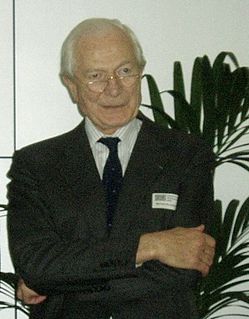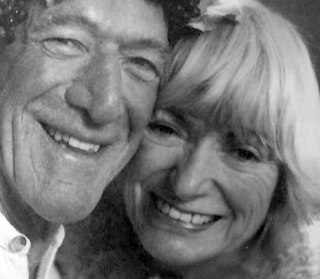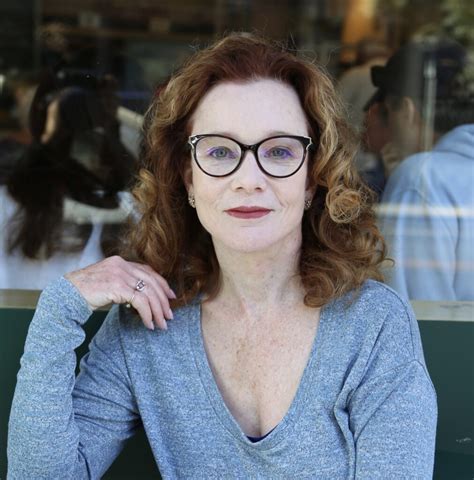A Quote by Julia Child
Wine is meant to be with food - that's the point of it.
Quote Topics
Related Quotes
You do not need to be an expert, or even particularly interested in wine, in order to enjoy drinking it. But tasting is not the same as drinking. Drinking pleases, mellows, loosens the tongue and inhibitions; drinking wine with food is healthy and natural; drinking good wine with good food in good company is one of life's most civilized pleasures.
Wine buffs write and talk as though the food and wine will be in your mouth at the same time, that one is there to be poured over the other. This is bullshit. Gustatory enjoyment comes from food and wine and cigars of your liking. So far no one has said that a Monte Cristo is the only cigar to smoke after Armagnac, Romeo and Juliet after Calvados ... but the time may yet come.
This is not really currency that circulates. It's like the old joke about expensive vintage wine. Wine prices will go up and once in a while somebody will buy a 50-year-old bottle of wine and say, "Wait a minute. This has gone bad." The answer is, "Well, that wine isn't for drinking; that's for trading." These $100 bills aren't meant to circulate. They're not to spend on goods and services. They're a store of value. They're a form of saving.
Long ago, during my apprenticeship in the wine trade, I learned that wine is more than the sum of its parts, and more than an expression of its physical origin. The real significance of wine as the nexus of just about everything became clearer to me when I started writing about it. The more I read, the more I traveled, and the more questions I asked, the further I was pulled into the realms of history and economics, politics, literature, food, community, and all else that affects the way we live. Wine, I found, draws on everything and leads everywhere.
One of the most insidious myths in American wine culture is that a wine is good if you like it. Liking a wine has nothing to do with whether it is good. Liking a wine has to do with liking that wine, period. Wine requires two assessments: one subjective, the other objective. In this it is like literature. You may not like reading Shakespeare but agree that Shakespeare was a great writer nonetheless.







































